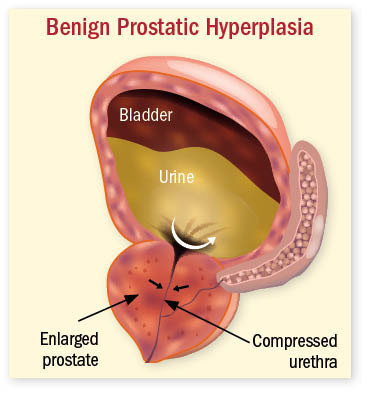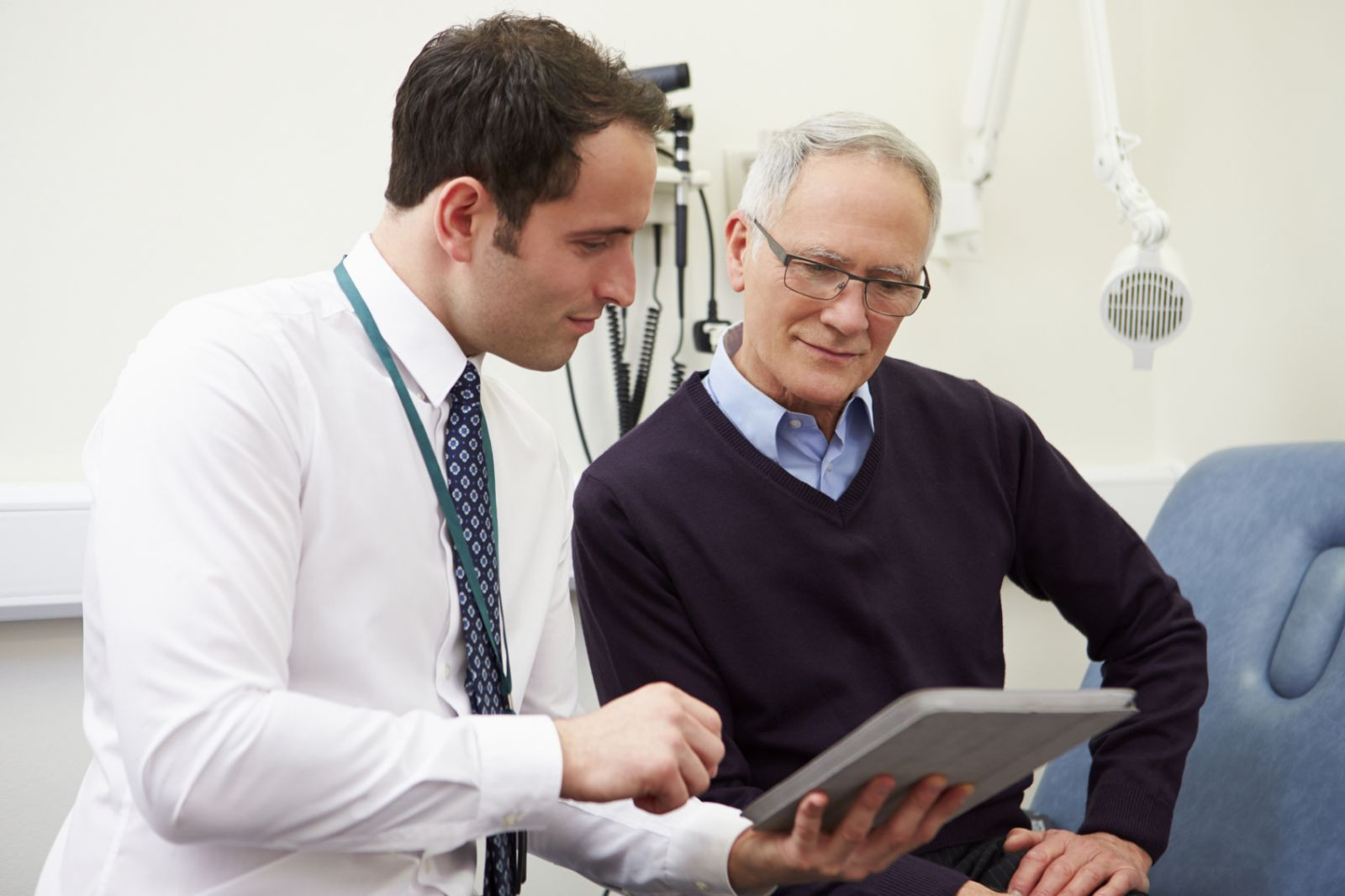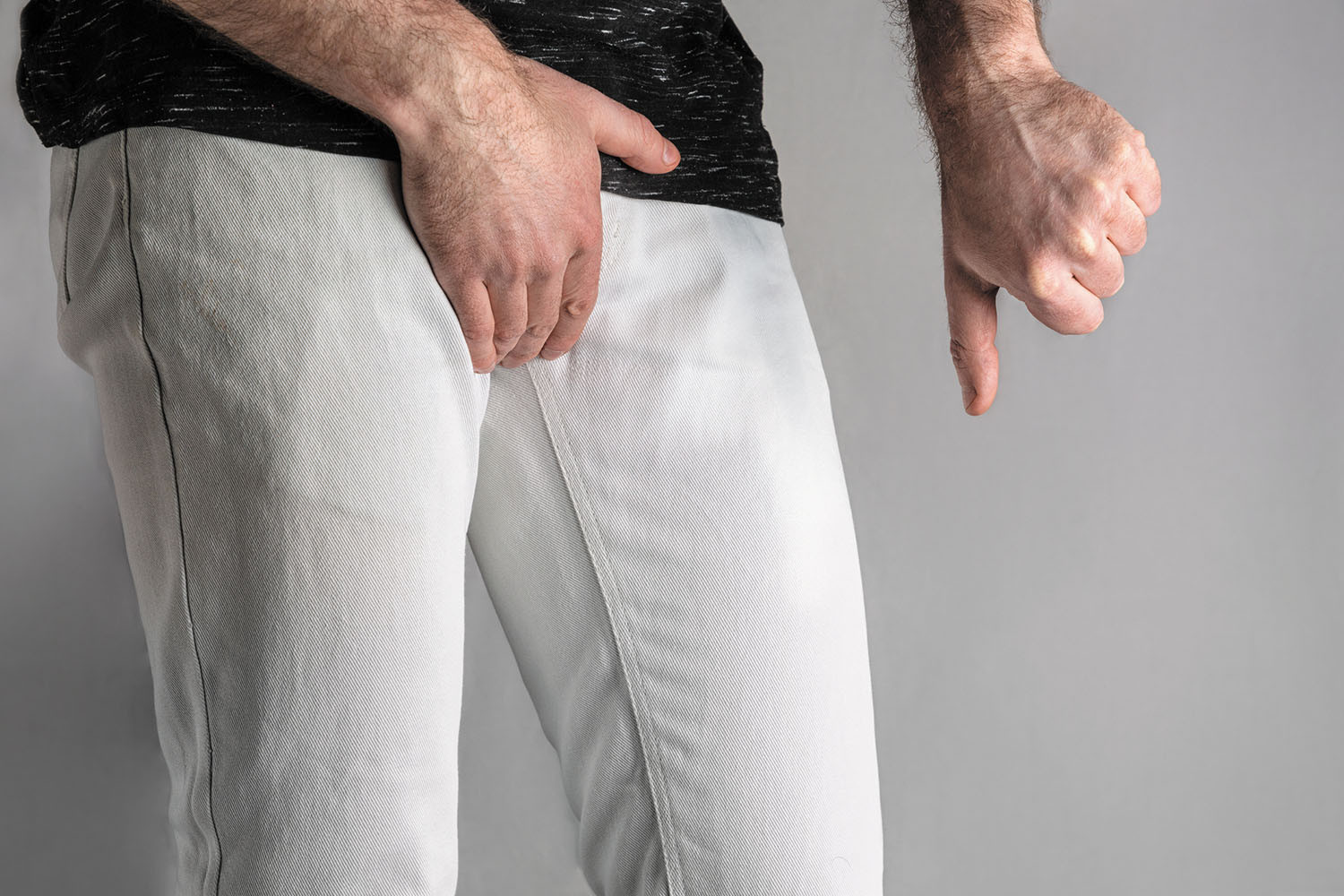Recent Blog Articles

Testosterone-blocking drugs boost heart disease risk when given in combination

Parenting isn't easy: Two important skills can help

Does sleeping with an eye mask improve learning and alertness?

Do tattoos cause lymphoma?

Hot weather hikes: Staying safe when temperatures spike

Cannabis drinks: How do they compare to alcohol?

What is Lewy body dementia?

Dog bites: How to prevent or treat them

Ever read your medical record? Here's why you should

Shining light on night blindness
Men's Sexual Health Archive
Articles
Help for erectile dysfunction
Steps to treating an enlarged prostate
Large review study finds low risk of erectile dysfunction after prostate biopsy
Choosing the right ED drug
Is male menopause real?
In general, men don't really go through "menopause" because testosterone levels slowly decline over many decades. Symptoms such as low energy and decreased sex drive can sometimes be related to low testosterone levels that may improve with replacement therapy.
Can I take ED drugs after a heart attack?
On call
Q. I had a major heart attack earlier this year and received a drug-eluting stent. My doctor tells me that it's now safe to exercise and engage in sexual activity. But is it safe to use erectile dysfunction (ED) medications?
A. Most men who have recovered from a heart attack can resume their usual sex life. Once your doctor allows you to engage in moderate aerobic activity — sexual activity is often equated to the exercise level of brisk walking — you may safely use ED medications with certain precautions.
Affairs of the heart
Cardiovascular problems can conspire to put a damper on sexual enjoyment. Talking to your doctor and your partner can help.
A physical connection with your romantic partner is often an important part of a fulfilling relationship. But when it comes to matters of the heart, the health of your heart matters.
"A satisfying sex life depends on physical health, psychological well-being, and the quality of the relationship," says Dr. Jan Shifren, who directs the Massachusetts General Hospital Midlife Women's Health Center. Heart disease and related conditions can influence all three of those factors in both men and women. Here's a look at the range of those effects and some possible solutions.
Tips for talking to your doctor about ED
If you've been having difficulty getting or sustaining erections, talk about it with your doctor. Such a conversation is never easy, but thanks in part to greater publicity about this problem and its treatment, many obstacles have been toppled.
Be prepared to provide your doctor with detailed information. This is not simply a matter of walking into the doctor's office, emerging with a prescription, and regaining your erections. Your doctor will try to determine the cause of your ED in order to recommend an effective treatment.
Unlocking the mystery of chronic pelvic pain syndrome
The condition is an all-too-real problem for men, and one of the more difficult to treat.
After age 50, men often have periods of discomfort "down there." It could be a cramping, aching, or throbbing pain in and around your pelvis and genitals. You also may have issues in the bedroom and bathroom. While the problems are real, the cause is often difficult to pinpoint.
It's called chronic pelvic pain syndrome (CPPS) — also known as chronic prostatitis — and it's one of the most puzzling and difficult-to-manage conditions for older men.
Get back in sexual sync
Here's how to regain romantic rhythm with your partner when sexual drive and interest get out of whack.
It's common for longtime partners to fall into romantic ruts. "You don't stay newlyweds for life, and there are times when romance and sex get routine and less exciting," says Dr. Sharon Bober, director of the Sexual Health Program at Harvard-affiliated Dana-Farber Cancer Institute.
What can you do when you and your partner are sexually out of sync? As with most things in life, if you want change, then you must be willing to change.
Recent Blog Articles

Testosterone-blocking drugs boost heart disease risk when given in combination

Parenting isn't easy: Two important skills can help

Does sleeping with an eye mask improve learning and alertness?

Do tattoos cause lymphoma?

Hot weather hikes: Staying safe when temperatures spike

Cannabis drinks: How do they compare to alcohol?

What is Lewy body dementia?

Dog bites: How to prevent or treat them

Ever read your medical record? Here's why you should

Shining light on night blindness
Free Healthbeat Signup
Get the latest in health news delivered to your inbox!
Sign Up











